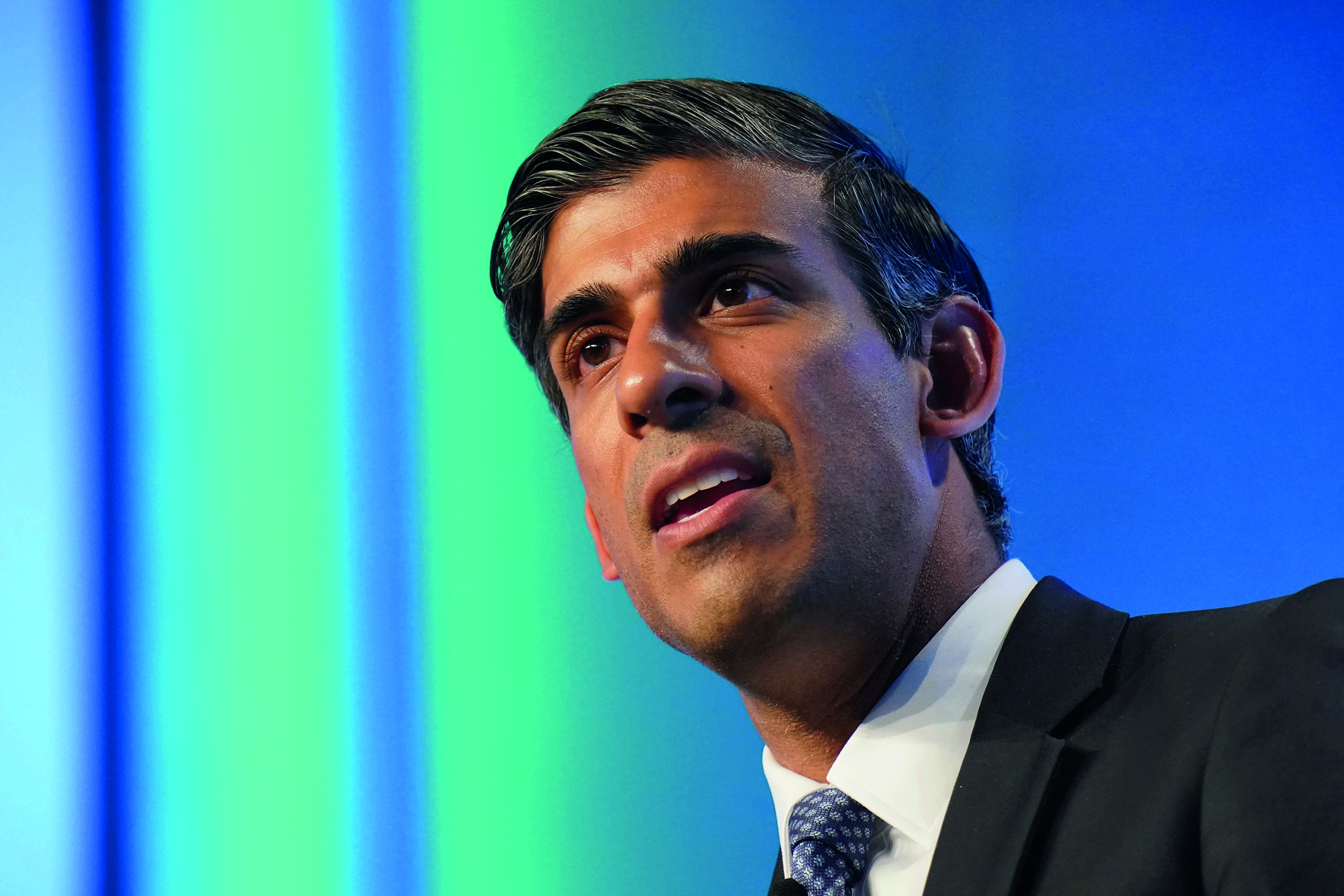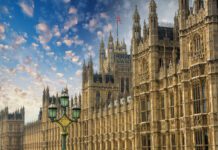
Those attempting to weigh the potential upsides to Sunak’s speedy 24 October coronation had little to go on, although there was undisguised relief from some at the departure of a leadership circle that seemed to have shredded – within a few weeks – years of painstakingly-built relations between the government and conservation groups.
“So what will be different from the Truss ‘blink and you’ve missed it’ premiership? How could we know?” asked Hugh Blaza, a senior consultant at Sandstone Law.
“Not a single speech from Sunak throughout the campaign and so we find ourselves with a new PM elected by fewer than 200 people and with no discernible mandate.”
“During his summer jousts with Truss, Sunak adopted the ‘triple repeat’ approach, believing (presumably) that if he said the same word more than twice, it would be remembered as if it had been carved into tablets of stone. But does anyone still recall the ‘brownfield, brownfield, brownfield’ mantra Sunak trotted out to reassure the Conservative shires that their green belts would (despite the sacrifice of them in so many already adopted local plans, not to mention that little parcel of agricultural land he needed to accommodate his new swimming pool) be safe?
“And what of charter cities where planning laws may become a distant memory?”
“And then there’s the ‘bonfire of regulations’ which look destined for the shredder as a result of The Retained EU Law (Revocation and Reform) Bill 2022?
“The trouble is, no-one, least of all the tiny handful of people who supported Truss, then Johnson, then Mordaunt, then Sunak himself knows or cares.
Speaking to The Guardian, Philip Dunne, Conservative MP and chair of parliament’s Environmental Audit Committee, recalled a summer pitch to fellow conservatives, on environmental topics, and that Sunak was “straightforward in saying he’s a believer in net zero Britain.”
And also that “he had a specific proposition for getting homes insulated more quickly and is pretty strong on nature.”
The Truss administration’s seeming fervour for cutting red tape alarmed many in the business of protecting the countryside. Tom Fyans, Interim CEO at CPRE, the countryside charity, hoped Sunak would “beef up the planning system so that we get the housing we need and uphold the manifesto commitment to maintain the Green Belt and other environmental protections.”
He said the housing crisis needed to be solved “by funding brownfield regeneration, which could provide 1.3 million new homes on previously used land, and by building many more genuinely affordable homes in rural areas.”
“Local plans – not top-down Whitehall policies, as the government currently proposes – should be the chief factor in deciding planning applications.’
Hugh Blaza gave a brusque summary: “The best we can take from the past 4 months is that we are that much closer to a General Election when the politicians who want our votes will need to put their cards on the table. Until then, it’s the wild west out there.”
The Guardian reported that environmentally-minded Conservative MPs were asking Sunak to ditch or rework Rees-Mogg’s EU law bill, which has the potential to dispense – overnight – with the extensive package of protections previously covered by European environmental laws.







